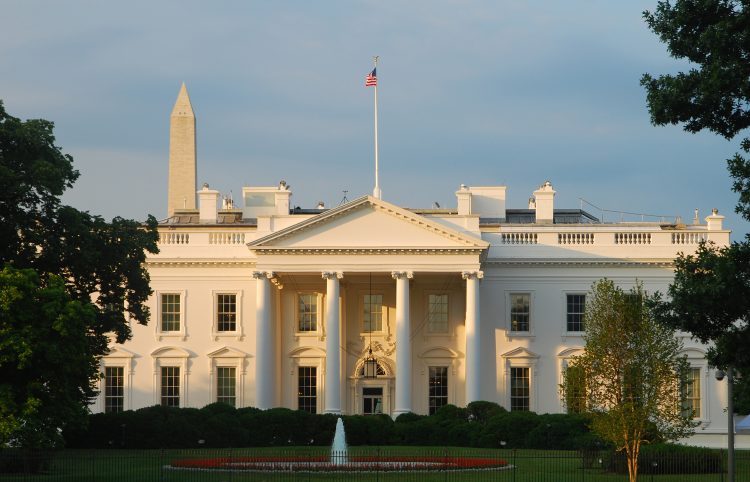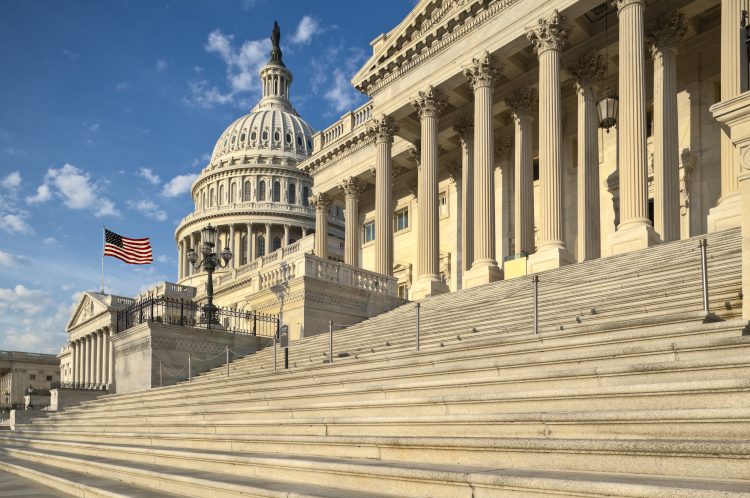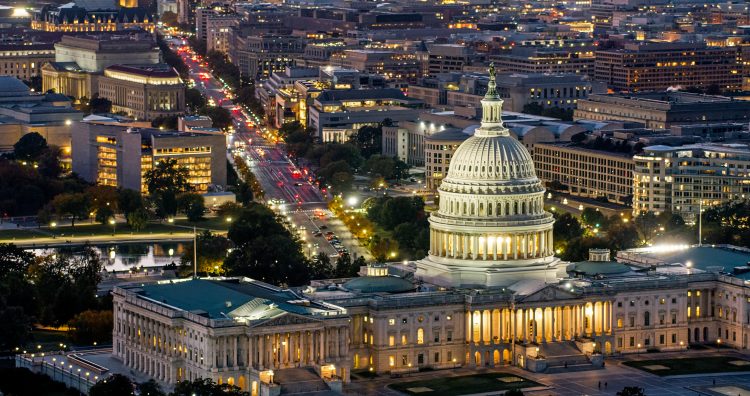This week on Facing the Future former U.S Representative Carolyn Bourdeaux (D-GA) discussed key differences between state and federal budgeting and whether there are lessons for federal policymakers. We also got some timely insights from University of Maryland professor of public policy Phil Joyce on whether the 50-year old federal budget process is up to dealing with the nation’s fiscal challenges. Later in the show, Concord Coalition Chief Economist Steve Robinson joined me to assess the Fiscal Year 2024 year-end numbers as reported by the Congressional Budget Office (CBO) and a new CBO report on trends in the distribution of family wealth.
Bourdeaux emphasized that having a culture of adherence to fiscal responsibility is as important, if not more so, than any institutional mechanism. “I was director of the Senate budget and evaluation office in Georgia during the great recession,” she said, “and this was a period of time where Georgia’s revenues plunged by 20 percent over two years. What I saw was legislators and a governor who came together and made extraordinarily tough choices to balance the budget. The budget process created the conditions for that to occur, and in particular, there really was no question among these legislators that the budget had to be cut and that they were going to have to balance it. They had to raise revenues, too. They had to sip a little from all the different cups of poison that they had in front of them.”
This was, she said, “a very different norm than when I was at the Federal level serving in Congress. And so one of the questions I’ve had is, are there things in that process that reinforce those norms of fiscal responsibility that perhaps could be translated over to the Federal system? At the Federal level they don’t have that sense of constraint. People just don’t want to be cut at all, or they want some kind of increase, and that dialogue of trade-off is just not occurring.”
Joyce discussed how the budget process has evolved over the 50 years since the Congressional Budget and Impoundment Control Act was enacted.
“It’s been successful on some fronts and not others. It has definitely controlled presidential impoundments, and it has definitely empowered the Congress in terms of information in a way that it was not empowered before. The Congressional Budget Office now provides the Congress with all kinds of information on taxes and spending and individual policies that the Congress literally had no capacity to generate or receive before. It has not been successful in enforcing an annual budget to be passed by the Congress. The Budget resolution itself has become a sort of a hit and miss proposition.”
Joyce also highlighted how one important aspect of the budget process has evolved. “There’s this sort of arcane thing called reconciliation, which is a way for the Congress to enact changes in taxes or entitlement spending. Those reconciliation bills cannot be filibustered in the Senate and it has tended over the last roughly 25 years to mostly pass bills that made the deficit worse. Republicans figured out that they could use it to cut taxes, and then Democrats responded by saying, ‘Oh, we can use it to increase spending.’ And so the end result of that has been this reconciliation process has made the deficit worse, as opposed to better.”
And speaking of the deficit, the CBO released preliminary year-end spending and revenue estimates for Fiscal Year 2024, showing a budget deficit of $1.8 trillion. On the surface, that’s an increase of $139 billion over the FY 2023 deficit, but there are other ways of adding things up. The first day of both fiscal years fell on a weekend, meaning that some payments were shifted into the prior fiscal year. Without these timing shifts, CBO calculates that the 2024 deficit would have been $1.9 trillion, an increase of $220 billion over FY 2023.
And yet, by still another way of looking at the numbers, the 2023 deficit was artificially lowered by a bookkeeping savings of about $300 billion for reversing a charge to the budget in 2022 related to the president’s student loan debt cancellation plan overturned by the Supreme Court. Without that unwinding of the debt cancellation cost, CBO estimated that the 2023 deficit would have been $2 trillion, or $110 billion higher than the 2024 deficit.
Robinson suggested that “a better way to look at this would be to say what was the change in the national debt held by the public. If you look at it from that perspective, in 2023 the publicly held debt went up by $2.0 trillion and in 2024 it went up by $1.977 trillion. So when you do the math the change in the publicly held debt, which is one way to measure what the deficit would be on a cash flow basis, it was $54 billion dollars less in 2024 than it was in 2023, but when you round off it was $2 trillion dollars in 2023, and it was $2 trillion dollars in 2024.”
But without a doubt, the marquee number in CBO’s report was that interest on the debt rose dramatically to $950 billion from $710 billion in 2023. That places it above defense spending and roughly even with Medicare as the second largest Federal expense.
Hear more on Facing the Future. Concord Coalition Executive Director Bob Bixby hosts the program each week on WKXL in Concord N.H., and it is also available via podcast. Join us as The Concord Coalition team discusses issues relating to national fiscal policy with budget experts, industry leaders, and elected officials. Past broadcasts are available here. You can subscribe to the podcast on Spotify, Pandora, iTunes, Google Podcasts, Stitcher, or with an RSS feed. Follow Facing the Future on Facebook, and watch videos from past episodes on The Concord Coalition YouTube channel.
Continue Reading










